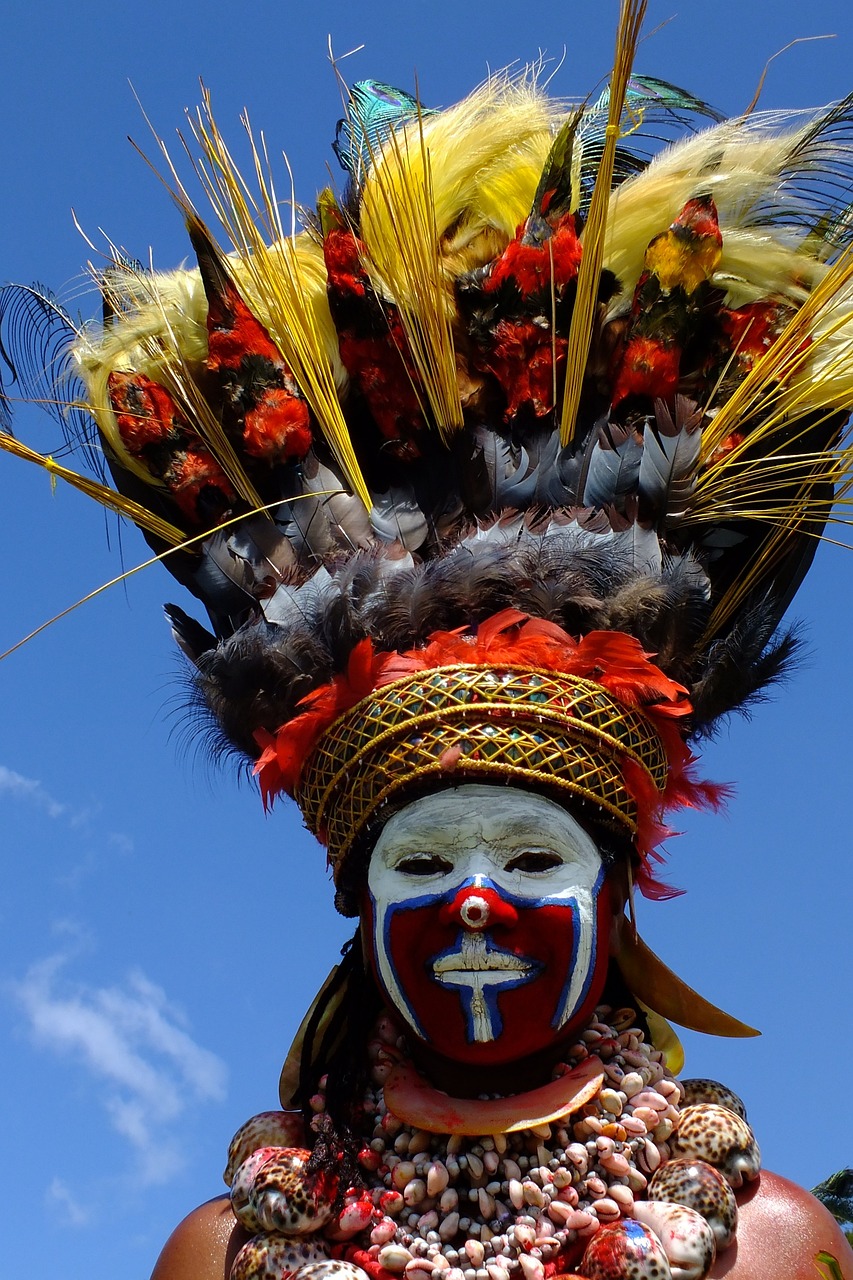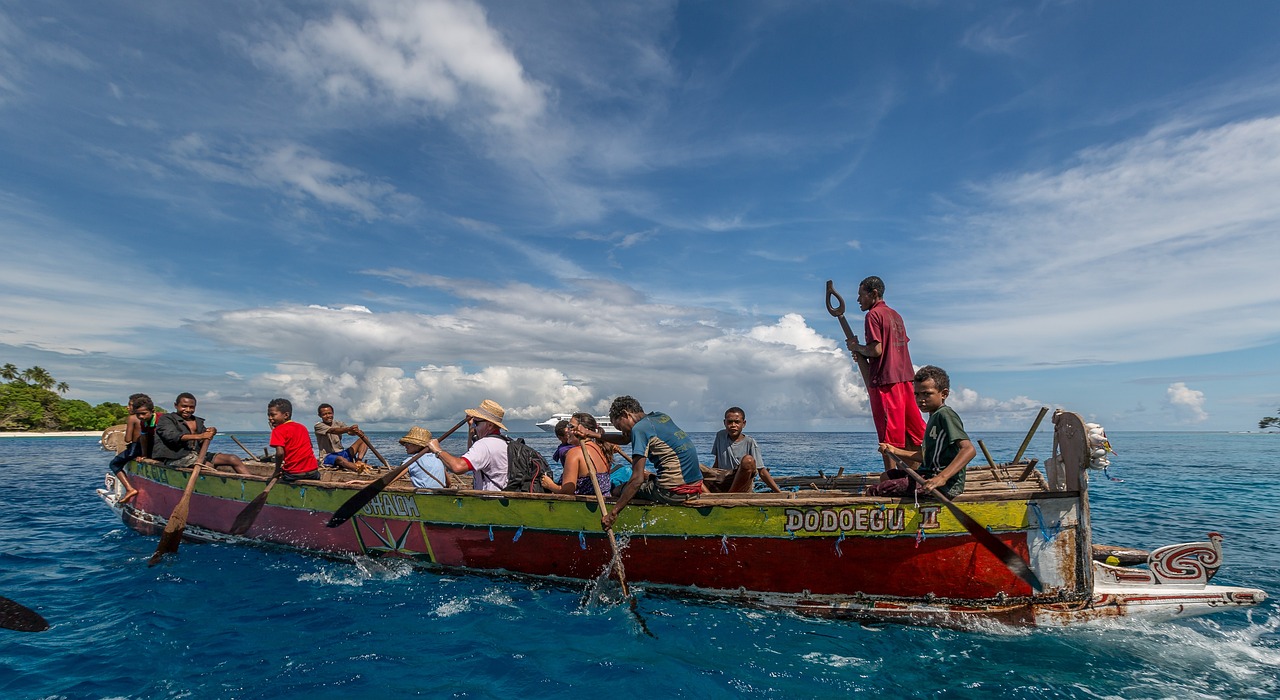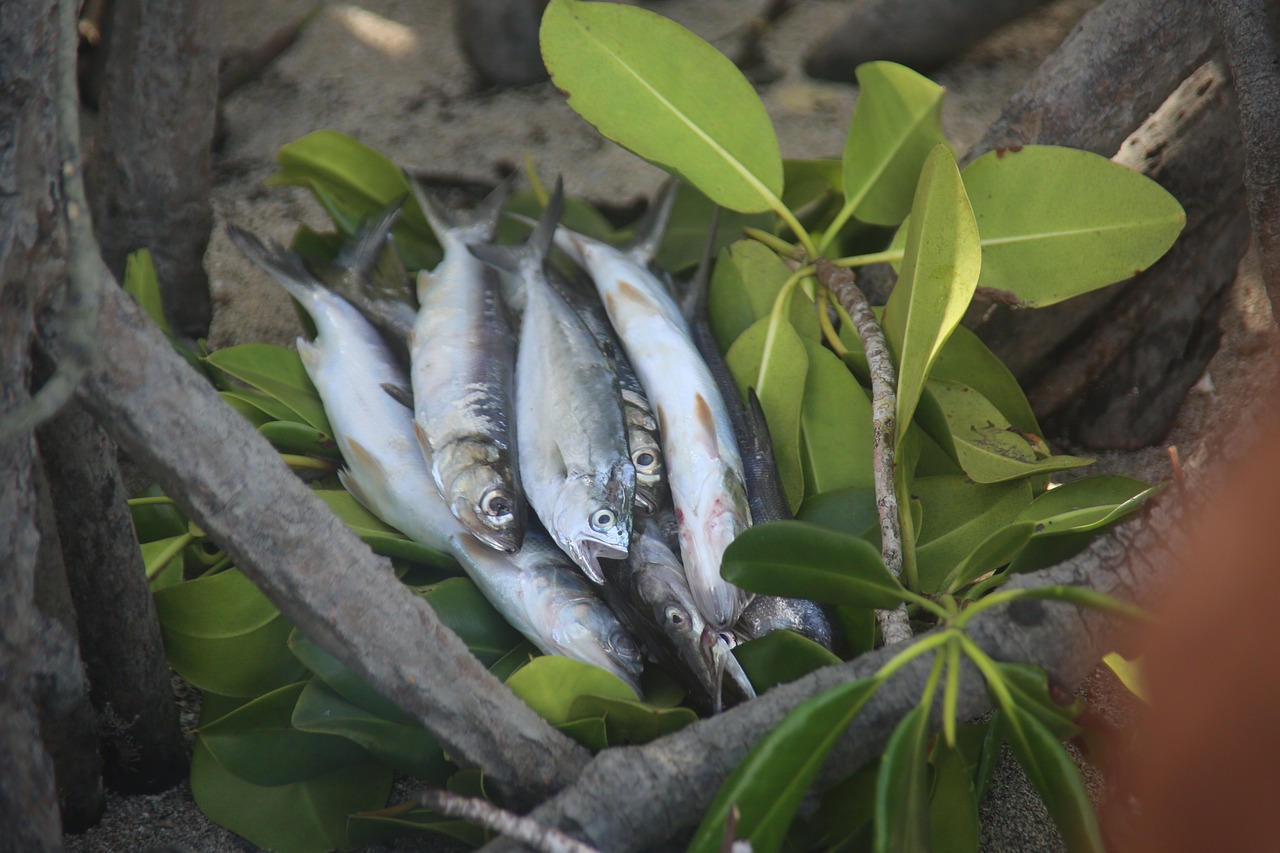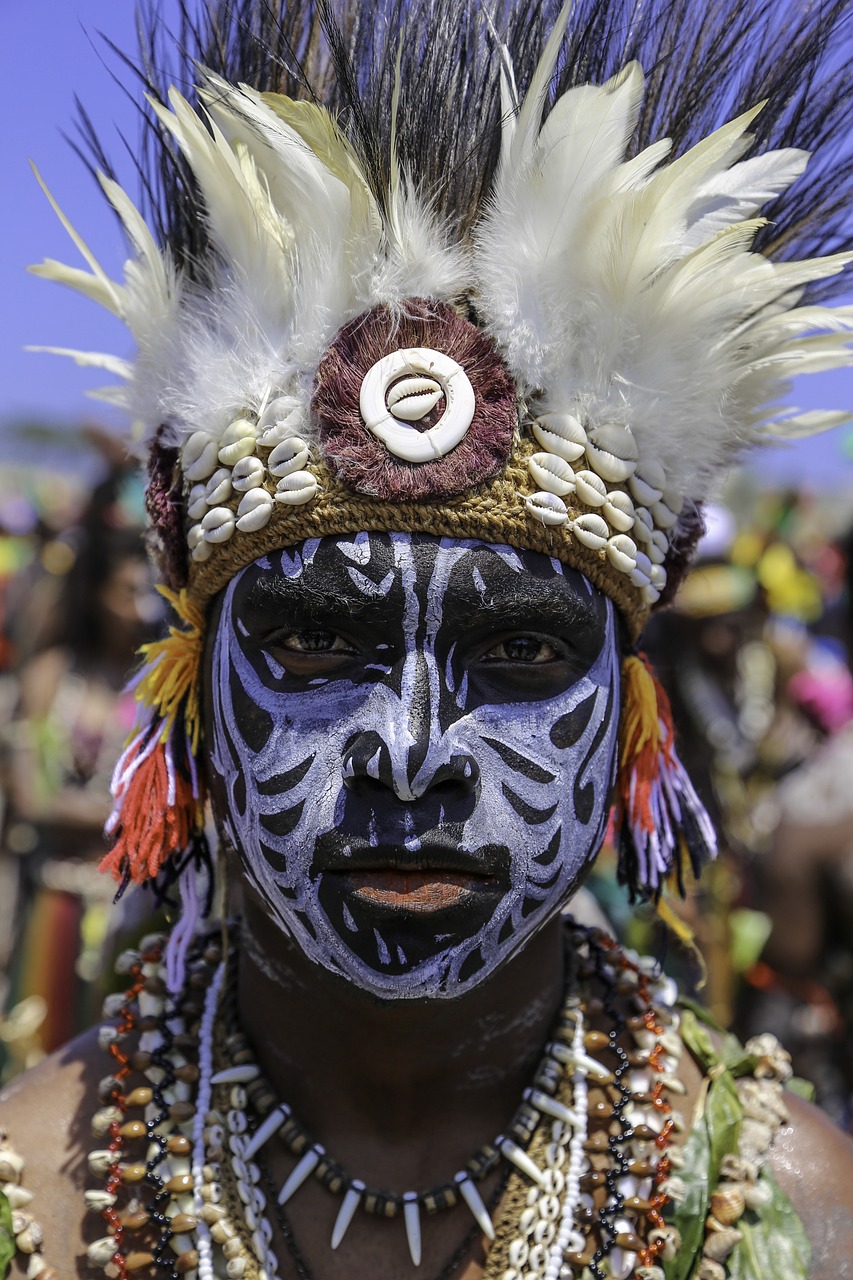Cultural Sensitivities: Understanding Local Norms in Papua New Guinea
Papua New Guinea is a culturally diverse country located in the southwestern Pacific Ocean. With over 800 languages spoken and a rich history, the country is home to a wide range of cultural practices and traditions. Understanding and respecting the local norms and sensitivities is crucial for anyone visiting or interacting with the people of Papua New Guinea. This article aims to provide a comprehensive guide to help visitors navigate the cultural landscape of Papua New Guinea.
Traditional Customs and Etiquette
- Respect for Elders: In Papua New Guinea, elders hold a revered position in society. It is important to show respect by addressing them using appropriate titles and using formal language.
- Gift Giving: Gift giving is an integral part of the Papua New Guinean culture. When visiting someone’s home or a village, it is customary to bring a small gift as a token of appreciation. Gifts such as food items or traditional artifacts are well-received.
- Taboos and Sacred Sites: Papua New Guinea has numerous sacred sites and cultural taboos that should be respected. These sites hold great significance to the local communities and are often off-limits to outsiders.
- Dress Code: When visiting Papua New Guinea, it is important to dress modestly and respectfully. Avoid wearing revealing clothing, particularly when visiting rural areas or attending traditional ceremonies.
It is customary to greet elders with a handshake, followed by a slight bow, as a sign of respect.
Ensure that the gifts are wrapped neatly and presented with both hands as a sign of respect.
It is essential to seek permission from local authorities or community leaders before entering any sacred sites.
Wearing traditional clothing, such as a bilum (a woven bag) or a meri blouse (a traditional women’s blouse), is highly appreciated and shows respect for the local culture.
Social Interactions and Communication
- Greetings: Greetings play a significant role in Papua New Guinean culture. It is customary to greet others with a warm smile and a friendly handshake.
- Body Language: Non-verbal communication is important in Papua New Guinea. Maintaining eye contact during conversations is a sign of respect and attentiveness.
- Personal Space: Personal space may vary among different cultural groups in Papua New Guinea. It is important to observe and respect personal boundaries.
- Communication Style: Papua New Guineans value indirect communication and often rely on non-verbal cues and context to convey messages. It is important to listen attentively and observe body language to fully understand the intended meaning.
Take the time to greet each person individually, as it is considered impolite to rush through greetings.
Avoid pointing directly at someone with your finger, as it is considered rude. Instead, use an open hand or a nod to indicate someone or something.
Before initiating physical contact, such as hugging or touching, ensure that it is welcomed and appropriate within the specific cultural context.
Be patient and avoid interrupting others during conversations, as it is considered impolite.
Food and Dining Etiquette
- Sharing Meals: Food plays a central role in Papua New Guinean culture, and sharing meals is a common practice. When invited to someone’s home for a meal, it is customary to accept the invitation and participate in the communal dining experience.
- Etiquette at Traditional Feasts: Traditional feasts, known as “sing-sings,” are important cultural events in Papua New Guinea. When attending a sing-sing, it is essential to follow the customs and protocols set by the community.
- Food Offerings: When visiting a local village, it is common for the host to offer food as a gesture of hospitality. Accepting the food and tasting it is a sign of respect.
- Table Manners: When dining in formal settings, it is important to observe proper table manners. Wait for the host to begin eating before you start, and avoid reaching across the table.
Ensure that you taste a bit of everything served to show appreciation for the host’s hospitality.
Observe how others eat and interact during the feast, and follow their lead.
Even if the food is unfamiliar, try a small portion to show appreciation for the host’s efforts.
Use utensils appropriately and follow the lead of the locals when it comes to eating customs.
Religious and Spiritual Practices
- Religious Diversity: Papua New Guinea is a country with diverse religious beliefs, including Christianity, traditional indigenous beliefs, and Islam. Respect for different religious practices is crucial.
- Visiting Places of Worship: If you wish to visit a church or any religious site, it is advisable to dress modestly and behave respectfully. Remove your shoes if required and follow any specific customs or rituals.
- Traditional Ceremonies: Papua New Guinea is known for its vibrant traditional ceremonies and rituals. If you have the opportunity to witness or participate in such events, approach them with respect and a willingness to learn.
- Sacred Objects and Artifacts: Papua New Guinea has a rich artistic heritage, including sacred objects and artifacts. These items hold spiritual significance and should be treated with utmost respect.
Avoid criticizing or disrespecting any religious beliefs or practices, even if they differ from your own.
Seek permission before taking photographs or participating in religious ceremonies.
Observe and follow the instructions of the local hosts or elders during the ceremonies.
Avoid touching or handling sacred objects without permission, and refrain from purchasing or collecting items that may be considered culturally sensitive or sacred.
Papua New Guinea Image 1:

Gender Roles and Cultural Sensitivities
- Gender Equality: While Papua New Guinea has made progress towards gender equality, traditional gender roles still exist in many communities. It is important to be mindful of these cultural sensitivities.
- Modesty and Dress: Modesty is highly valued in Papua New Guinean culture. Dressing conservatively, particularly for women, is important to avoid causing offense or attracting unwanted attention.
- Respecting Personal Boundaries: Personal boundaries, particularly between men and women, vary across different cultural groups in Papua New Guinea. It is important to respect these boundaries and avoid any behavior that may be perceived as inappropriate.
- Engaging with Local Women: When interacting with local women, it is important to be respectful and considerate. Avoid making assumptions or generalizations based on cultural stereotypes.
Respect local customs and avoid imposing your own beliefs or expectations on gender roles.
Avoid wearing revealing clothing or swimwear outside of designated areas, such as beaches or resorts.
Observe and follow the lead of the locals when it comes to personal interactions and physical contact.
Engage in conversations and interactions with a genuine interest in learning and understanding different perspectives.
Environmental Awareness and Conservation
- Nature and Wildlife: Papua New Guinea is renowned for its rich biodiversity and unique ecosystems. It is crucial to respect and preserve the natural environment.
- Protected Areas: Papua New Guinea has numerous protected areas, national parks, and marine reserves. These areas are vital for the conservation of endemic species and cultural heritage.
- Sustainable Practices: Embrace sustainable practices during your visit to Papua New Guinea. Choose eco-friendly accommodations, support local conservation initiatives, and be mindful of your water and energy consumption.
- Traditional Ecological Knowledge: Indigenous communities in Papua New Guinea possess valuable traditional ecological knowledge. Respect and learn from their wisdom in managing natural resources and maintaining ecological balance.
Avoid littering, damaging coral reefs, or disturbing wildlife while engaging in activities such as snorkeling or hiking.
Observe and adhere to any rules or regulations set by the authorities when visiting these protected areas.
Engage in responsible tourism and leave a minimal ecological footprint.
Engage in cultural exchanges that promote environmental awareness and conservation.
Papua New Guinea Image 2:

Health and Safety Considerations
- Health Precautions: Before traveling to Papua New Guinea, it is advisable to consult a healthcare professional regarding necessary vaccinations and health precautions.
- Security and Safety: Like any travel destination, it is important to be aware of your surroundings and take necessary safety precautions in Papua New Guinea.
- Respecting Local Laws: Familiarize yourself with the local laws and regulations of Papua New Guinea. Respect and abide by these laws to avoid any legal issues.
- Emergency Services: Familiarize yourself with the emergency contact numbers and locations of medical facilities in Papua New Guinea. It is advisable to have travel insurance that covers medical emergencies.
Carry any required medications and take necessary precautions to prevent mosquito-borne illnesses.
Stay informed about current safety conditions and follow any travel advisories issued by your government.
Avoid participating in illegal activities, including drug use or possession.
Keep important documents, such as passports and identification, in a secure place.
Cultural Sensitivity in Photography
- Seek Permission: When taking photographs of people, particularly in rural areas or during cultural events, it is essential to seek permission before capturing their images.
- Respect Privacy: Avoid taking intrusive or disrespectful photographs. Respect the cultural sensitivities and privacy of individuals and communities.
- Share with Respect: If you plan to share your photographs online or in publications, ensure that they are shared in a respectful and responsible manner.
- Support Local Artisans: When purchasing souvenirs or artworks, consider supporting local artisans and communities. Ensure that the items are ethically sourced and respect cultural traditions.
Respect the wishes of those who do not wish to be photographed.
Do not take photographs of sacred rituals or ceremonies unless explicitly permitted.
Avoid sensationalizing or misrepresenting the culture or people of Papua New Guinea.
Avoid purchasing counterfeit or mass-produced items that undermine local craftsmanship.
Papua New Guinea Image 3:

Conclusion
Papua New Guinea offers a rich cultural tapestry for visitors to explore. By understanding and respecting the local norms and sensitivities, you can have a meaningful and enriching experience in this diverse country. Remember to approach interactions with an open mind, be respectful, and embrace the opportunity to learn from the people of Papua New Guinea.
References
– Papua New Guinea Tourism Promotion Authority: www.pngtourism.org.pg
– Lonely Planet Papua New Guinea: www.lonelyplanet.com/papua-new-guinea
– Cultural Survival: www.culturalsurvival.org
– National Geographic: www.nationalgeographic.com
– Papua New Guinea Information: www.papuanewguinea.travel

